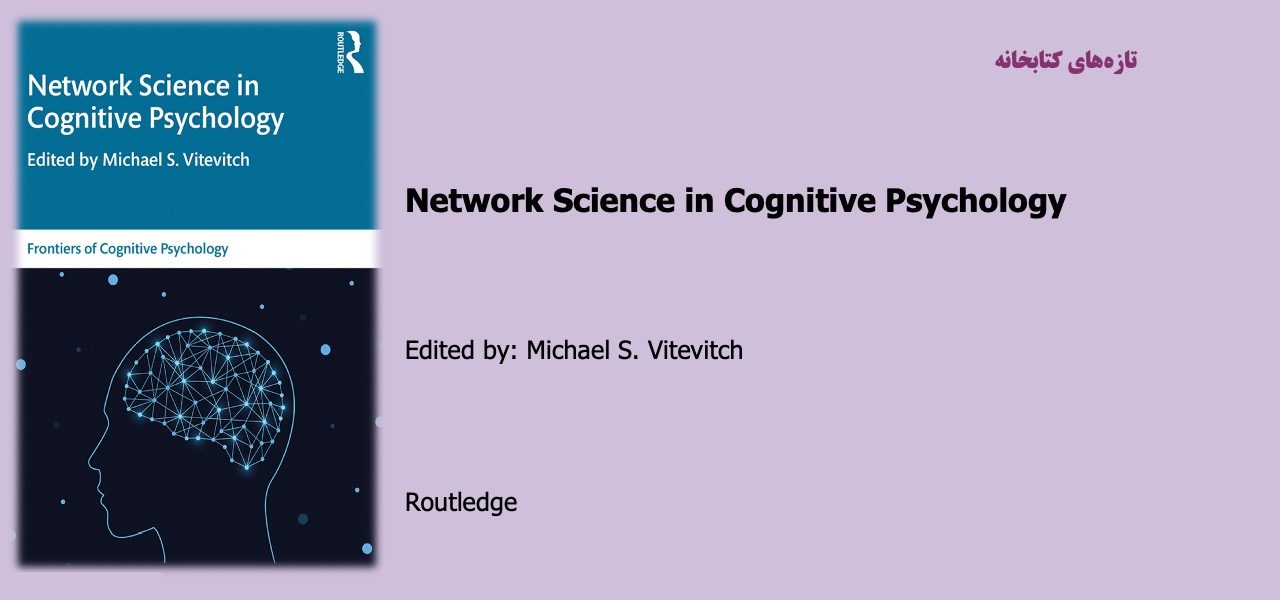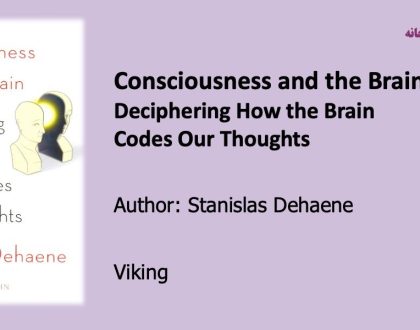Network Science in Cognitive Psychology

Cognitive psychology has traditionally focused on questions about the mental processes and representations involved in attention, perception, memory, language use, the (creative) solving of problems, and thinking. Research questions in the areas of cognitive psychology can essentially be reduced to: what are the mental symbols that one uses to represent the outside world in the mind, and what mental manipulations does one do to those symbols to use the information contained in them?
Since the establishment of the field in the cognitive revolution of the 1950s, cognitive psychology has infiltrated other areas of psychology, such as social and clinical Psychology, and in turn been influenced by developments in other areas and disciplines. An example of social psychology influencing cognitive psychology can be seen in investigations of cultural experience on visual perception (Koster, Itakura, Yovsi & Kartner, 2018). An example of clinical psychology influencing cognitive psychology can be found in computational models of cognition that attempt to account for hallucinations (i.e., altered perceptions) that may accompany certain psychological disorders (Grossberg, 2000). An example of a different discipline influencing cognitive psychology is of course the founding influence of information theory in the initial formation of the field. A more modern-day influence of a different discipline influencing cognitive psychology can be found in the present book, which contains a number of chapters by leading researchers that illustrate how the field of network science has led to new discoveries and insights and generated new and exciting questions related to topics that have traditionally been the focus of cognitive psychology.
مطالب مرتبط

اصول روان درمانگری و مشاوره با رویکرد اسلامی (مفاهیم، فرآیند و فنون)
۲۶ / بهمن / ۱۴۰۳

آموزش مهارت نوشتن از منظر شناختی
۲۶ / بهمن / ۱۴۰۳


